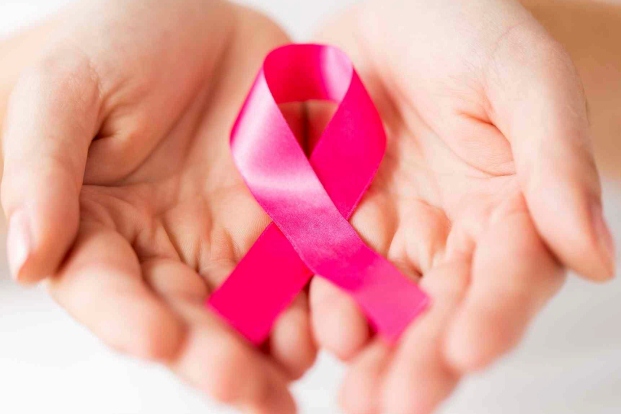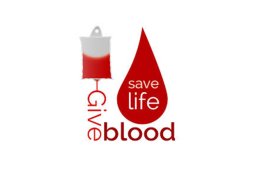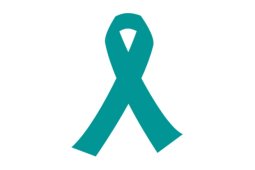Categories
- Bariatric Surgery (11)
- Black Fungus (5)
- Bone Marrow transplant (3)
- Brain Tumor Surgery Navigation Technology (20)
- Cardiac Surgery (66)
- Cardiology (97)
- Computer navigation technology for joint replacements (20)
- Covid Vaccination (17)
- Critical Care (2)
- Dental (19)
- Dermatology (31)
- Dialysis Support Group - “UTSAAH” (11)
- Dietitian (33)
- Emergency Medicine (4)
- Emotional Health (11)
- Endocrinology (33)
- ENT (20)
- Gastroenterology and GI Surgery (53)
- General and Laparoscopic Surgery (21)
- General Surgery (4)
- Gynecology & Obstetrics (183)
- Hematology (20)
- Internal Medicine (294)
- Kidney Transplant (50)
- Kidney Transplantation (20)
- Lung Cancer (8)
- Minimal Invasive Surgery (1)
- Mother & Child (20)
- mucormycosis (5)
- Nephrology (61)
- Neurology (147)
- Neurosurgery (68)
- Nutrition and Dietetics (107)
- Omicron Variant (1)
- Oncology (288)
- Ophthalmology (10)
- Orthopaedics & Joint Replacement (86)
- Paediatrics (59)
- Pediatric Nephrology (3)
- Physiotherapy (5)
- Plastic & Reconstructive Surgery (6)
- Psychiatry and Psychology (90)
- Psychologist (28)
- Pulmonology (72)
- Rheumatology (13)
- Spine Services (21)
- Transradial Angioplasty (16)
- Urology (84)
Query Form
Posted on Apr 19, 2022
Is there a cure for Anal Cancer?
Yes, if anal cancer is localized it can be cured. The cure is not possible in metastatic disease. Cancer starts when cells in the body begin to grow out of control. Cells in nearly any part of the body can become cancer and can spread to other parts of the body.
Most anal cancers (80%) are diagnosed in people who are over age 60. Prior to age 35, anal cancer is more common in men. However, after age 50, anal cancer is slightly more common in women.

LIFE HEALTH-PROTECTIVE-MASTECTOMIES MYO
How can I prevent anal cancer?
Anal cancer is uncommon cancer, and the risk of developing anal cancer is quite low. Avoidance of risk factors for anal cancer, however, will reduce the risk of development of anal cancer even further. By far, the most important factor in developing anal cancer is infection with HPV. Gardasil is a vaccine directed against HPV. This vaccination is currently recommended for children, ages 11-12. Vaccination against HPV would certainly be expected to reduce the incidence of anal cancer in both men and women.
HPV vaccines
Vaccines are available that protect against certain HPV infections. They protect against infection with HPV subtypes 16 and 18. Some can also protect against infections with other HPV subtypes, including some types that cause anal and genital warts.
Condom use
Condom use is recommended as the best way to protect oneself from infection from HPV and HIV. However, these condoms need to be used properly to ensure that they provide the best contraception and protection. When condoms are used correctly they can lower the genital HPV infection rate in women – but they must be used every time sex occurs. This study did not look at the effect of condom use on anal HPV infection.
Treating HIV
For people infected with HIV, it’s very important to take medicines (known as highly active antiretroviral therapy, or HAART) to help keep the infection under control and prevent it from progressing to AIDS. This also lowers the risk of long-term HPV infection and anal intraepithelial neoplasia (a kind of anal pre-cancer), which might help lower the risk of anal cancer.
Not smoking
Smoking is a known risk factor for anal cancer. Stopping smoking greatly reduces the risk of developing anal cancer and many other cancers.



